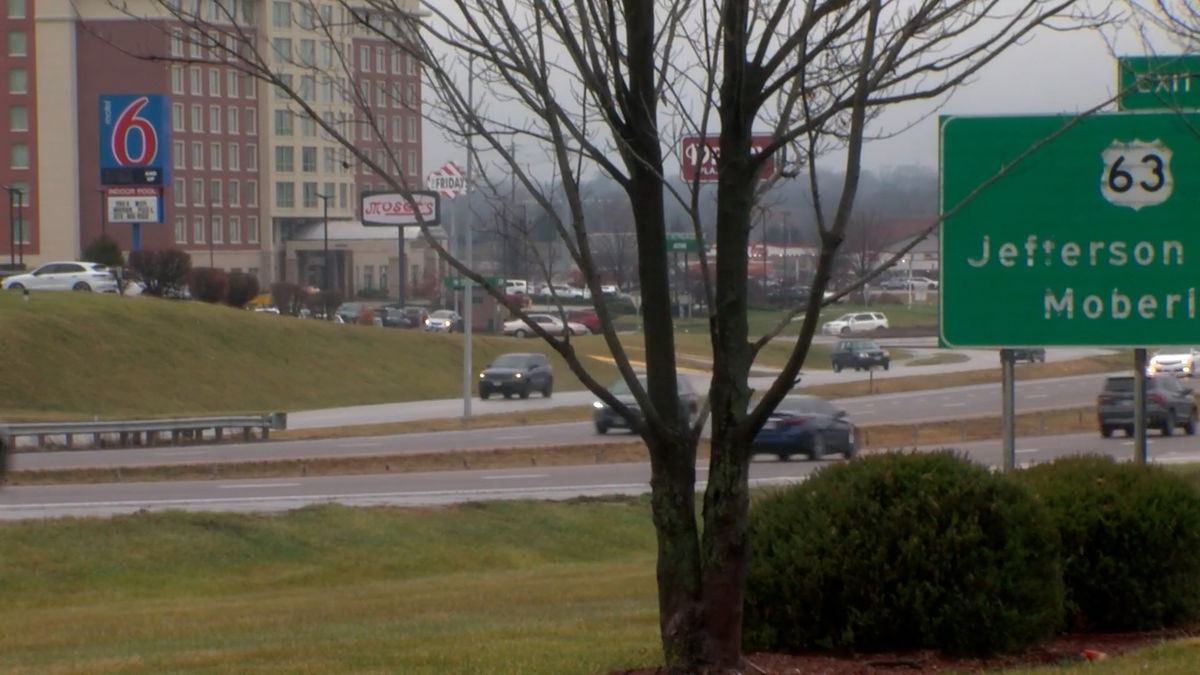Shopping
‘Eyesore’: Prince George’s proposes fix for shopping cart problem

Shopping carts are at the center of new legislation in Prince George’s County, Maryland.
Residents say they’ve found shopping carts at apartment complexes, near dumpsters, on the side of the road and other unusual places.
“In New Carollton, they’ll take a cart from somewhere and they come and leave it at my door,” one woman told News4.
“I think it’s an eyesore, seeing all of the carts in the parking lots, in neighborhoods, in apartment buildings. That needs to stop,” another woman said.
Prince George’s County leaders said they want the carts to come to a halt.
“Abandonment of shopping carts, which can seem very like a nuisance or a random issue, but it’s really gotten exasperated, the amount of shopping carts that are in our community,”
Council member Wanika Fisher said she decided to sponsor a proposal after a cart landed in her yard. She said she’s received several complaints from residents in her district.
“People throw trash in them, they end up just being a part of, like, wooded areas and in our medians and can be quite dangerous,” she said.
“It could hit a car, it could hit people. Sometimes they’re just left all over the place,” a shopper told News4.
Fisher’s Shopping Cart Control Bill would require retailers to implement preventative measures to keep people from taking carts off store property and dumping them somewhere else.
Retailers with more than 20 shopping carts would have to label and equip them with anti-theft measures and establish timelines to retreive the carts.
Businesses that don’t comply would face a $2,000 fine, Fisher said.
“Keep retailers responsible for the carts that they utilize in their business,” Fisher said.
The Maryland Retailers Alliance agreed cart theft is an issue and safeguards are needed. However, the group opposes the fine.
“It ultimately comes across as businesses being held financially responsible for crimes that are committed against and on their property,” said Sarah Price, with the Maryland Retailers Alliance.
Price said the preventative measures the bill is calling for aren’t cheap.
“Some of the wheel locking programs that would help to mitigate and keep a cart on a property can cost an average of $30,000,” she said.
Wheel-locking systems are one anti-theft measure allowed in the proposed legislation. Other systems include electronic disabling devices on carts, hiring a security guard to man the carts and coin deposit methods similar to those on Aldi shopping carts.









